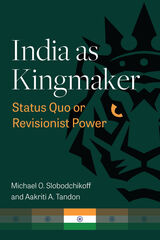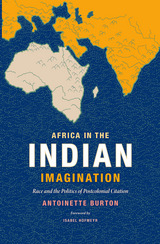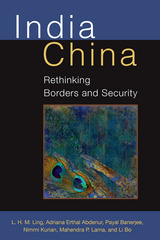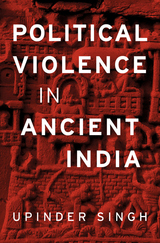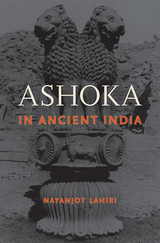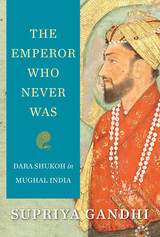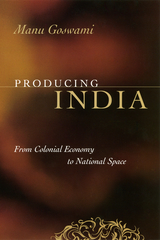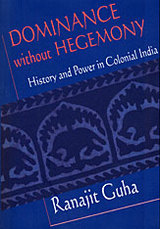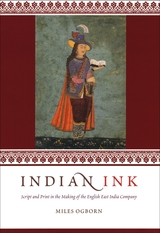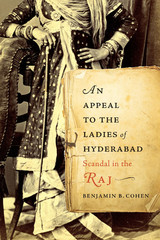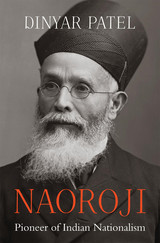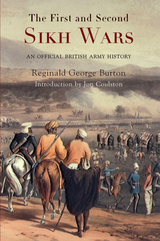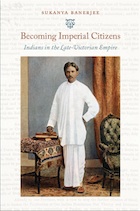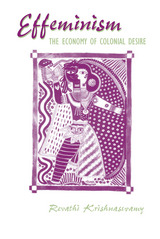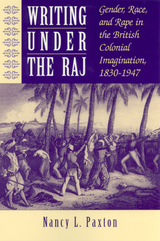Cloth: 978-0-674-65982-7
Library of Congress Classification DS461.3.A2313 2014
Dewey Decimal Classification 954.0254092
The exemplar of Indo-Persian history, at once a biography of Emperor Akbar and a chronicle of sixteenth-century Mughal India.
Akbarnāma, or The History of Akbar, by Abu’l-Fazl (d. 1602), is one of the most important works of Indo-Persian history and a touchstone of prose artistry. Marking a high point in a long, rich tradition of Persian historical writing, it served as a model for historians across the Persianate world. The work is at once a biography of the Mughal emperor Akbar (r. 1556–1605) that includes descriptions of his political and martial feats and cultural achievements, and a chronicle of sixteenth-century India.
The third volume details the first eight years of Akbar’s reign, when he consolidated his power, quelled the rebellion of his guardian Bayram Khan, conquered Malwa, and married a Rajput princess.
The Persian text, presented in the Naskh script, is based on a careful reassessment of the primary sources.
See other books on: 1000-1765 | 16th Century | Kings and rulers | Mogul Empire | Thackston, Wheeler M.
See other titles from Harvard University Press

